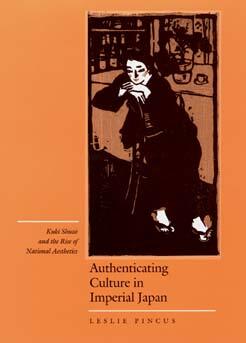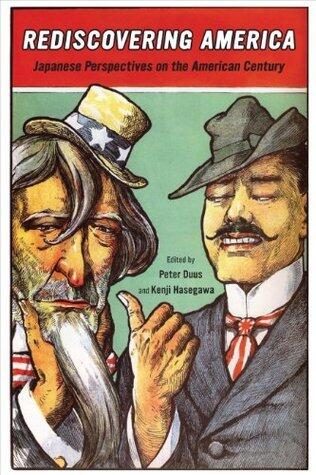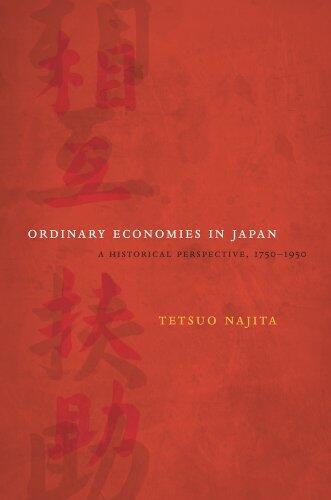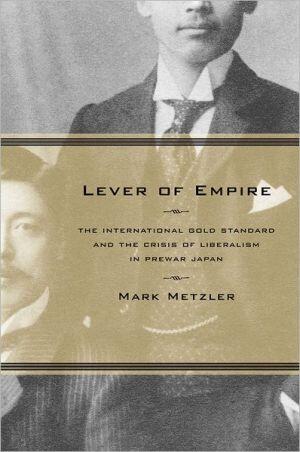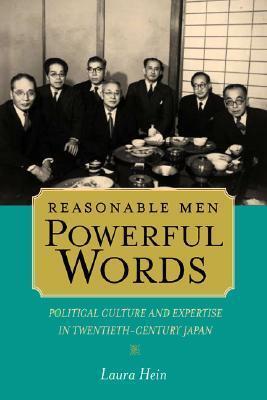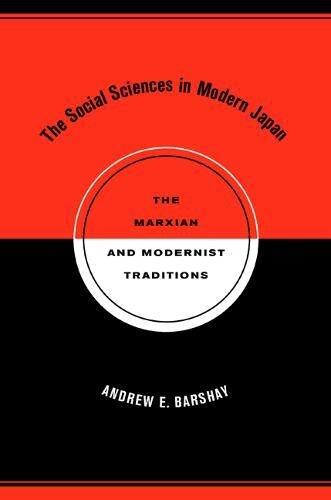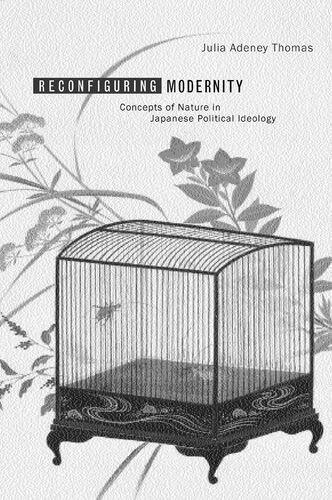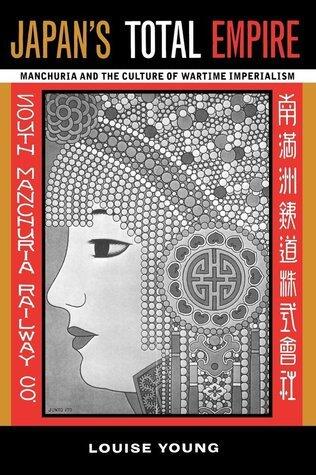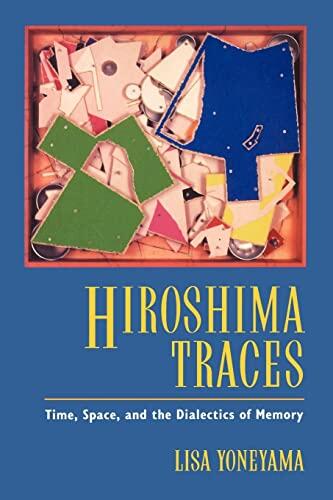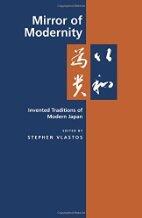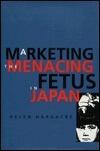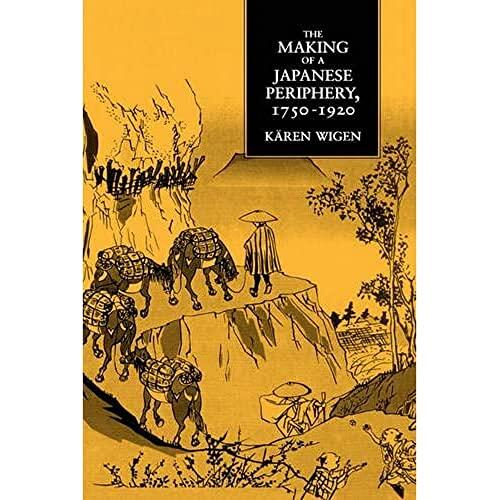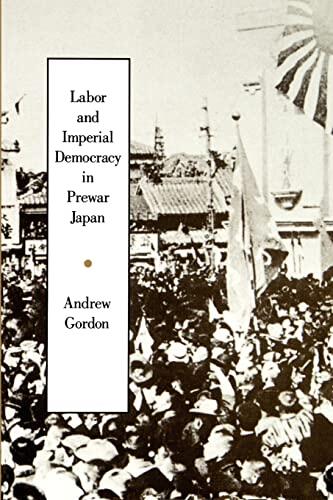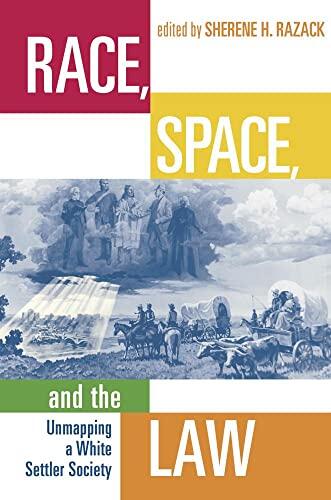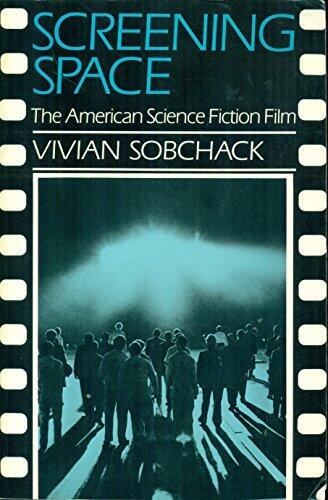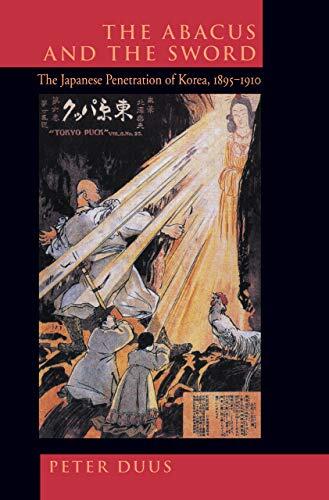
The Abacus and the Sword: The Japanese Penetration of Korea, 1895-1910
توسط
Peter Duus
هنوز رتبهبندی نشده است
History
Manga
فرمت
جلد نرم
صفحات
498
زبان
انگلیسی
منتشر شده
Apr 24, 1998
ناشر
University of California Press
نسخه
Reprint
ISBN-10
0520213610
ISBN-13
9780520213616
توضیحات
What forces were behind Japan's emergence as the first non-Western colonial power at the turn of the twentieth century? Peter Duus brings a new perspective to Meiji expansionism in this pathbreaking study of Japan's acquisition of Korea, the largest of its colonial possessions. He shows how Japan's drive for empire was part of a larger goal to become the economic, diplomatic, and strategic equal of the Western countries who had imposed a humiliating treaty settlement on the country in the 1850s.
Duus maintains that two separate but interlinked processes, one political/military and the other economic, propelled Japan's imperialism. Every attempt at increasing Japanese political influence licensed new opportunities for trade, and each new push for Japanese economic interests buttressed, and sometimes justified, further political advances. The sword was the servant of the abacus, the abacus the agent of the sword.
While suggesting that Meiji imperialism shared much with the Western colonial expansion that provided both model and context, Duus also argues that it was "backward imperialism" shaped by a sense of inferiority vis-à-vis the West. Along with his detailed diplomatic and economic history, Duus offers a unique social history that illuminates the motivations and lifestyles of the overseas Japanese of the time, as well as the views that contemporary Japanese had of themselves and their fellow Asians.
Duus maintains that two separate but interlinked processes, one political/military and the other economic, propelled Japan's imperialism. Every attempt at increasing Japanese political influence licensed new opportunities for trade, and each new push for Japanese economic interests buttressed, and sometimes justified, further political advances. The sword was the servant of the abacus, the abacus the agent of the sword.
While suggesting that Meiji imperialism shared much with the Western colonial expansion that provided both model and context, Duus also argues that it was "backward imperialism" shaped by a sense of inferiority vis-à-vis the West. Along with his detailed diplomatic and economic history, Duus offers a unique social history that illuminates the motivations and lifestyles of the overseas Japanese of the time, as well as the views that contemporary Japanese had of themselves and their fellow Asians.
نقدها
هنوز نظری ثبت نشده است
اولین نفری باشید که این کتاب را نقد کرده و نظرات خود را به اشتراک میگذارید
اولین نقد را اضافه کنیدسابقه خواندن
گزارشهای خواندنی یافت نشد
برای مشاهده گزارشها در اینجا، شروع به ردیابی پیشرفت خواندن خود کنید
اضافه کردن اولین سابقه خواندن شمایادداشتها
گزارش تراکنشها
هیچ گزارش تراکنشی یافت نشد
برای مشاهده گزارشها در اینجا، شروع به ردیابی معاملات کتاب خود کنید
اضافه کردن اولین سابقه تراکنش شما